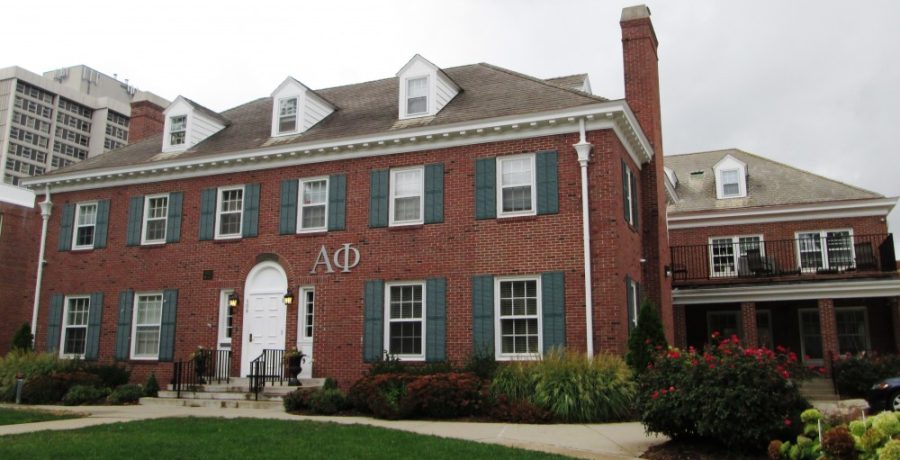The beginning of a semester is often the calmest time for students. For some students at the University of Alabama this semester, that was not the case. A student at the university was put in the spotlight on Twitter and news sources all over the world due to her racist remarks made on her “finsta” account. “Finstas” are private Instagram accounts where people, usually high school or college aged, post pictures or videos they wouldn’t ordinarily share on their main pages. These accounts can have anywhere from 5 to 5,000 followers. It just depends how private the owner wants to be. The posts can range from a blank image with a caption ranting about a bad day to videos of underage drinking and drug use. For Harley Barber, a member of the Alpha Phi sorority at Alabama, her finsta included videos of her making extremely racist remarks.
The first video posted on her finsta involved using the N word and expressing hatred towards people who aren’t white. The second video of hers that went viral, posted on Martin Luther King, Jr. Day, brings her sorority, Alpha phi, into question. “I’ve wanted to be in Alpha Phi since f—-ing high school,” she says. She also says that because she is in the south and not New Jersey, where she is originally from, that she is allowed to use the N word and discriminate against whoever she wants. The videos gathered a lot more attention than she initially intended when they were posted on Twitter, where they gained thousands of views.
With all the negative attention surrounding the University of Alabama and Alpha Phi, Barber was kicked out of both her sorority and the university. Alabama’s president Stuart Bell issued a statement calling the videos “highly offensive and deeply hurtful,” but that hasn’t stopped the media backlash. Some news sources are even saying that the university is in the wrong and that by removing her from, they have violated her first amendment rights. Jeremy Bauer-Wolf, a writer for Inside Higher Ed online, reports that this isn’t the first time this has happened. At the University of Oklahoma, Sigma Alpha Epsilon brothers were removed from the university after singing a song with the lyrics “There will never be a n—- in SAE.”
RELATED: Mental health issues affect athletes, too
Bauer says that “it is unclear what piece of Alabama’s student conduct code Barber may have violated” and for that reason, her First Amendment right has been violated. Personally, I think having Barber as a student at any university is a liability. Having someone who is so publicly racist and unapologetic (she did issue an apology, but there was another recording of a phone call released where she sounds more annoyed about the situation than sorry), gives the school a negative reputation. Even after graduation, her actions will still reflect on the schools she has attended and the groups she was a part of (Alpha Phi and any other clubs Barber was involved in).
These racist incidents are not isolated to the south. Here at the UA, in 2014, members of SAE were investigated following an assault on members of a Jewish social fraternity at their apartment. SAE remains active on campus, following a short suspension after the investigation.
Suspending the entire chapter for one member’s mistake is an unnecessary punishment. As long as the chapter takes the correct actions, like Alpha Phi did in the Alabama scandal by removing the offending member from the organization and posting statements about the incident, then all 200+ members should be able to continue to live in their sorority/fraternity houses and experience the positive aspects of Greek life in college. These racist events are for the most part isolated and reflect one person’s thoughts and not those of the whole chapter. Universities continue to make changes to the new member education system in place to prevent scandals like these from happening. Here at Arizona, there are mandatory seminars in place for pledges of all organizations to learn about cultural appropriation, sexual assault and party culture to attempt to keep students safe.
Samantha Marks is a sophomore majoring in English and Creative Writing with a minor in Spanish. Follow her on Twitter.









